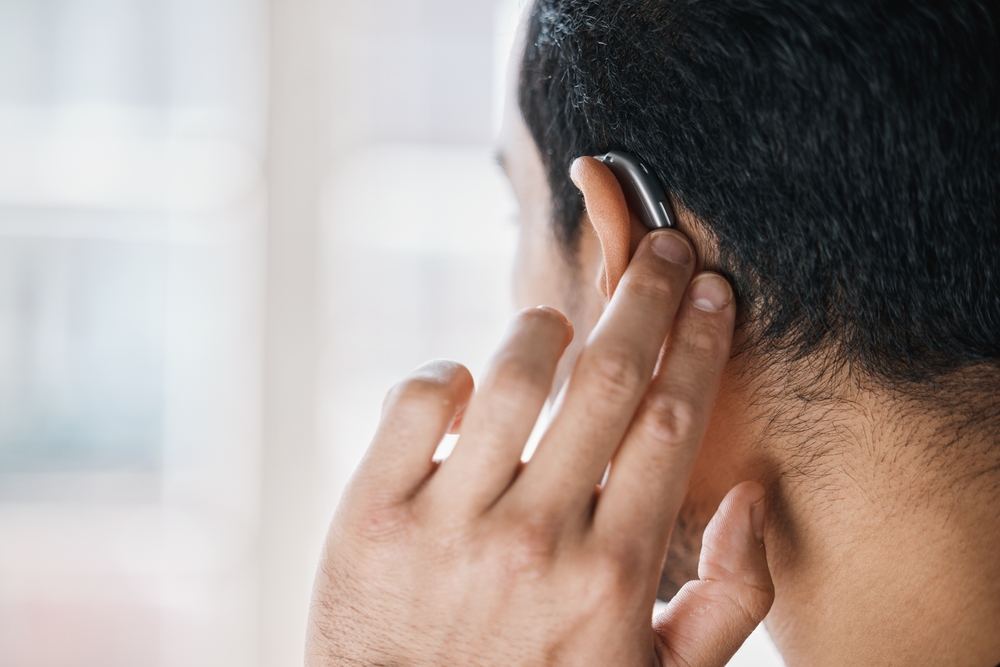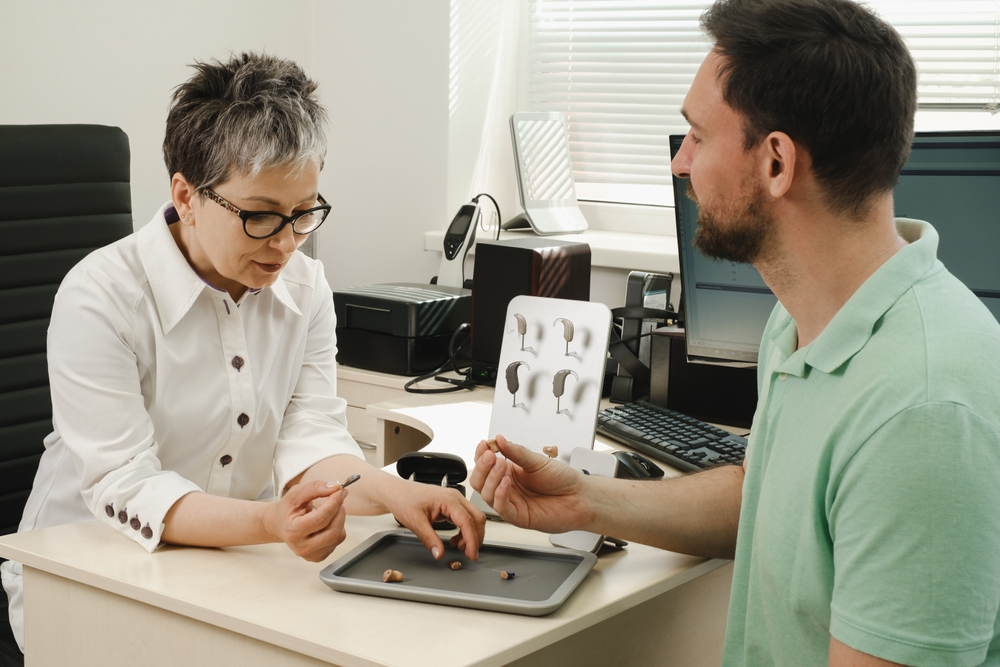If you’re still using hearing aids with batteries that need to be replaced, you probably feel like you have to change the batteries as often as you change your clothes.
With around 20% of the population suffering from hearing loss, we know that one group of people is very happy, don’t we? Button battery manufacturers.
But all joking aside, if you have hearing aids, then you need batteries that work, and you want to know how to get the most life out of them. As a smart consumer, you know that a little research can go a long way. Making savvy decisions can help you save a lot on battery replacements while ensuring that your hearing aids work when you need them.
Let’s explore 5 ways to get the most out of your hearing aid batteries.
1. Buy smart from the start
The cost of hearing aids goes far beyond its initial price tag. If you don’t invest in rechargeable hearing aids, batteries are the greater expense that keeps on costing you year after year. Over time, batteries will exceed the cost of your hearing aids. That’s why, if you opt not to get rechargeable hearing aids, looking at how well a hearing aid uses its battery should be first and foremost in your buying decision.
Know the factors that can increase battery drain such as:
- Hearing aid type
- Battery type
- How you use your hearing aids
- The number of hours that you use it
- And special features
Learn more about the features before using them, and research how this will impact battery life when choosing hearing aids. You want features that make your life better – not ones that just drain your battery.
For example, add-ons that seem so small at the time, like wireless connection, ability to input audio, or synchronization, use a surprising amount of power. Learn which ones drain your battery and turn them off when not using them.
2. Wash your hands (and dry them)
What you can’t see could be impacting your battery life. Your hands build up skin oils, skin cells, and dirt from normal activities. If you don’t wash your hands, then this comes in contact with the battery. It may seem harmless. But small particles can impact performance. In fact, changing your battery without washing your hands can even damage the hearing aids that you paid so much for.
Always wash your hands and dry them completely before handling your hearing aids and batteries.
3. Clean your hearing aids
Develop a regular routine for cleaning your hearing aids. Earwax and dirt will collect on the device and impact the way it works. As the dirty device struggles to work, it uses more power, draining the battery.
For one, dirt, earwax, and other nastiness collect on hearing aids, clogging and blocking the ports and speaker. This might cause you to turn the aids up to hear using more battery.
Secondly, if the device is dirty, the battery will get dirty. It doesn’t matter if you clean your hands before handling a dirty device. Your hands are instantly dirty again, and now your battery is as well.
Take a look at those recommendations by your manufacturer regarding how to care for your hearing aids. It will probably contain device-specific guidance on how to clean and maintain your hearing aids.
4. Don’t neglect the storage instructions
Batteries frequently come in a pack. This way, you already have one when you need it. But read the storage instructions to make sure you store them safely and in a manner that helps you extend their lives.
The pack may tell you to:
- Leave those tabs on batteries until used
- Store all batteries at room temperature
- Avoid placing them near metal objects like flat wear or keys
- Allow the battery to rest for 5 minutes after pulling the tab before inserting
Following these simple rules can also significantly extend battery life.
5. Turn hearing aids off
If you’re not wearing it, it’s still using energy to leave it on. Turn it off. Have a safe container in which to place it after you take it out, hopefully, the one that came with the hearing aids. Open it up before storing, even for a short time, to prevent battery drain that can be caused when moisture builds up in the hearing aids.
For long-term storage, take the batteries out.
It’s important to note that better quality batteries last longer, and better quality hearing aids should use less battery. As savvy shoppers, it’s easy to just look for the best price. But with hearing aids and batteries, you really do get what you pay for. Take a little time to evaluate your options and make a decision that will save you time and money in the long run. You should also do the math on rechargeable hearing aids – the technology has come a long way in the last few years.
With these simple tips, you can get the most out of your batteries.



